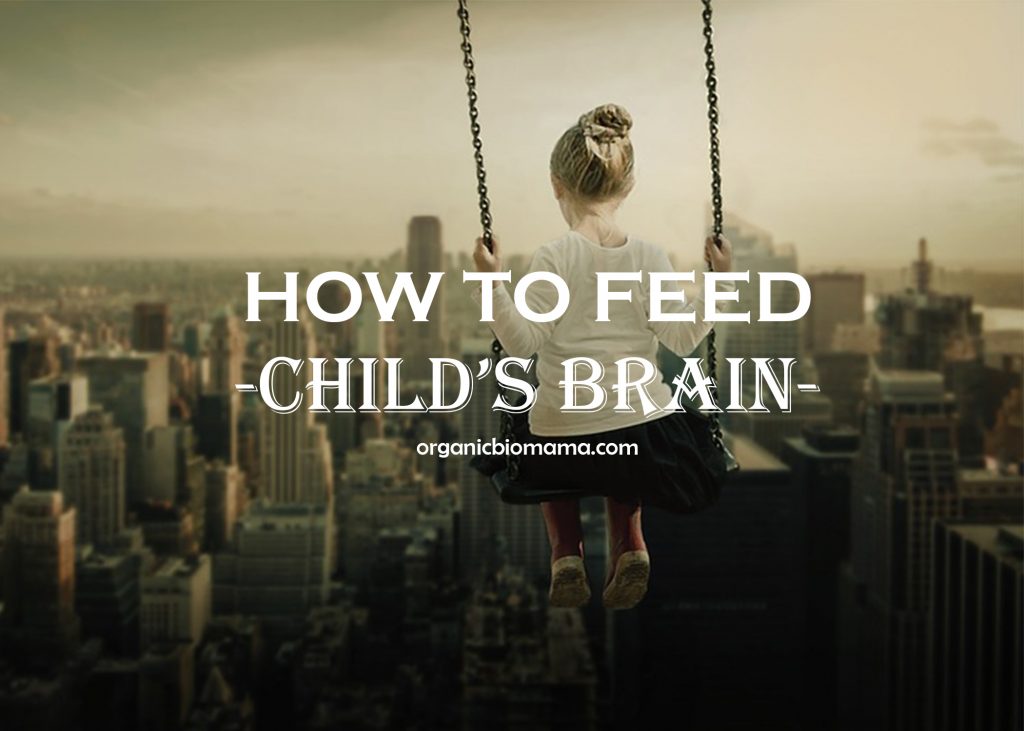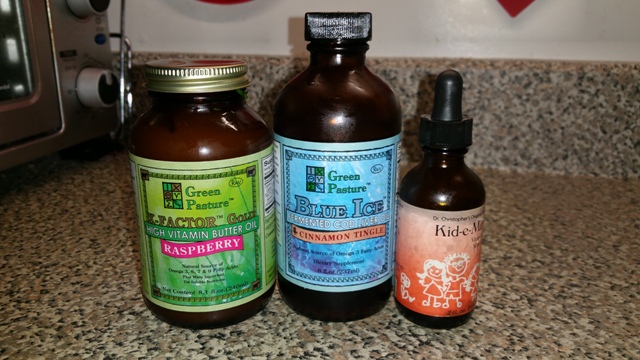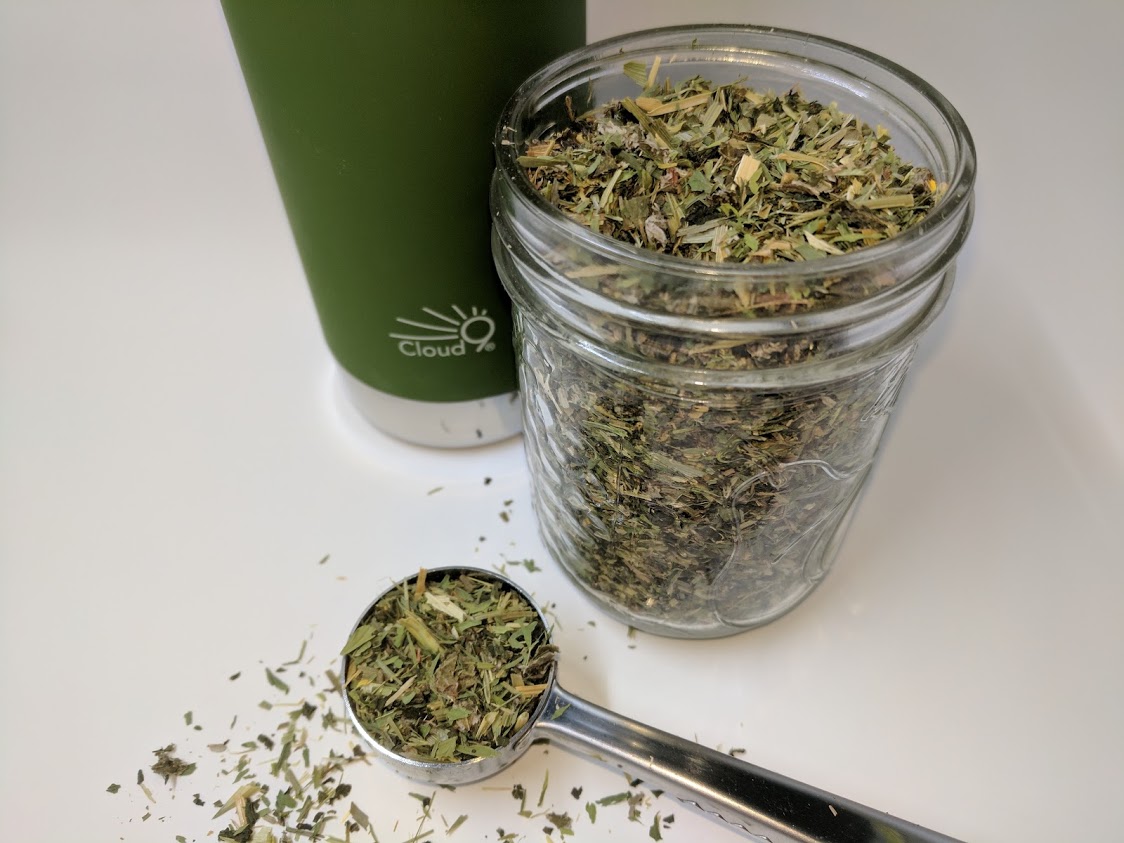Young children’s brains require a diverse range of nutrients including minerals, trace elements, vitamins, essential fatty acids, and other compounds, all of which must come from their daily diet. The food that children consume every day makes a significant contribution to their emotional well-being and mental health, as well as physical growth and development. This holds true not just for children and teens, but also for adults.
It is vital for every parent to realize that the food choices they make for their children can have real consequences, as the nutrients they consume build their body and brain day by day. The good news is that it’s never too early or too late to make diet improvements and start providing children with a healthy and balanced diet.
If a child is experiencing mood or behavioral problems, the first step should be to assess their diet for nutritional deficiencies. A healthy and balanced diet is essential for their overall well-being and can help prevent and treat a range of mental health problems. Therefore, it is essential for parents to prioritize their child’s nutrition to ensure they grow up healthy and happy.

Essential Nutrients for Child’s Brain Development: What to Feed for Proper Growth
Nutrients consist of macronutrients and micronutrients.
Macronutrients, which we need in large quantities:
- Water
- Protein: meat, fish, poultry, eggs, dairy, legumes, nuts, seeds, tofu.
- Energy (fats and carbohydrates): nuts, seeds, tofu, oily fish, dark green vegetables; legumes, starchy vegetables, whole-grain bread, fruits, dairy, non-starchy vegetables.
Micronutrients, which we need in much smaller amounts:
- Vitamins
- Minerals
- Trace elements
Pregnancy Diet for Optimal Baby Brain Development: What to Eat
The key nutrients for brain growth of a developing fetus are these:
- Protein. A protein deficiency may affect IQ and verbal ability of a child.
- Iron. Iron deficiency may contribute to low birth weight and cognitive impairment.
- Folate. Folate deficiency may cause serious neural tube defects, such as spina bifida.
- Vitamin A. Vitamin A deficiency may cause visual impairment or blindness.
- Iodine. Iodine deficiency may cause mental and neurological problems.
- Manganese. Manganese deficiency may cause fetal malformations, such as neural tube defects.
- Vitamin B6. A deficiency of vitamin B6 may contribute to seizures and depression.
- Zinc. Zinc deficiency disrupts proper fetal growth and may cause low birth weight. Zinc is crucial for proper brain development of children.
Brain-Boosting Foods for Kids’ Cognitive Development
Here you can find the basic dietary guidelines by Dr.Shannon, a holistic child psychiatrist, for all children.
Dr.Shannon’s recommendations for boosting children’s cognitive development:
- Ensure that your child drinks plenty of water every day.
- Make sure your child consumes enough protein. Feed them two servings a day of chicken, eggs, fish, tofu, or meat.
- Feed them healthy fats and healthy oils. Use butter instead of margarine.
- Serve fresh cooked fish 2-3 servings a week, if possible.
- Include nuts and seeds as a snack. Also, put nuts and seeds in child’s salads and casseroles.
- Feed your child a variety of cooked and raw vegetables.
- Feed your child fresh fruits, which are currently in season.
- Whole-grain bread, not white.
- Serve locally grown fresh fruits and vegetables seasonally.
- If the child eats only white foods (rice, banana, bread, cheese, etc), then he is missing out on nutrients.
- Supplement the diet with brain-building vitamins and minerals.
- Make your child eat a protein-rich breakfast.
Don’t feed your child:
- Refined sugars, candy, juices. Even juices labeled as 100% natural contain enormous amounts of sugar.
- Caffeine. It has no nutritional value and may cause dehydration.
- Trans fats, hydrogenated oils, margarine, fried foods.
- Soda.
- Excessive carbohydrates. Instead, feed your child protein-rich meals which will feed his brain.
Dr.Shannon’s Basic Supplement Plan for Children with Mood Problems (Brain Vitamins for Kids)
*Note: The linked supplements below are not specific. Please choose any high-quality supplements that are available.
Ages 2 to 6: A high-quality chewable multivitamin, plus 100 mg of Vitamin C, 100 IU of vitamin E, 250-500 mg of EFAs.
Ages 6 to 12: An adult multivitamin, plus 100-250 mg of Vitamin C, 200 IU of vitamin E, 1000 mg of EFAs, 50 mg of B-complex vitamins, 250 mg of chewable calcium/magnesium.
Ages 12 to adult: A multivitamin, plus 250-500 mg of Vitamin C, 400 IU of vitamin E, 2000 mg of EFAs, 100 mg of B-complex vitamins, 500 mg of chewable calcium/magnesium.
How Much Sleep Does Your Child Need?
A child needs the below amounts of sleep in a day (in average):
- Infant to 6 months: 16-20 hours a day.
- 6 months to 2 years: about 15 hours.
- 2 to 6 years: 10-12 hours.
- 7-13 years: 9-11 hours.
- 14-18 years: about 8-10 hours.
Sunshine Brightens the Brain
Exposure to sunlight is crucial for children, especially newborns.
Getting enough sunshine is important for normal brain development.
Children who don’t get enough sunlight may experience inhibited growth, weakened bones, and mood problems. Artificial light cannot replace natural sunlight.
Getting adequate natural light during the day is as important for the brain as getting enough sleep at night.
Environmental Toxins and the Brain
Intense exposure to heavy metals, pesticides, and other toxins is damaging to our general health, including neurological and brain health.
The two most common heavy metals, like lead and mercury, pose a huge risk to children’s brain health.
Lead poisoning causes serious behavioral and cognitive problems in children, like poor memory, inability to concentrate, lowered IQ, irritability, difficulty with motor skills, temper tantrums.
How to protect children from lead poisoning:
- Clean floors, and other surfaces weekly.
- Have your water supply tested for contaminants.
- Filter your drinking water.
- Use lead-free paint.
- Eat organic whole foods.
- Don’t store food in leaded pottery
- Wash fruits and vegetables before consuming.
Mercury is another toxic metal which may cause memory loss, headaches, anxiety, irritability, depression, poor cognitive function, and hallucinations.
Pesticides are poisons used by farmers to spray their crops. Pesticides are very dangerous to young children’s brains as they have a direct impact on the central nervous system. Even low-dose exposure to pesticides can disrupt thyroid function, impairing learning and causing inattention. The good news is after only six weeks of eating organic foods, the level of pesticide levels in the body can reduce significantly.
How to avoid pesticides:
- Buy organic food, especially fruits and vegetables that don’t have a removable peel.
- Wash/soak all inorganic fruits and vegetables in water with added apple cider vinegar or a product designed to remove pesticides.
- Shop at farmer’s market or join a local food co-op.
- Use glass containers instead of plastic to store food. Don’t heat in plastic.
- You can grow your own organic garden.
- Avoid playing on decks or play structures that have been treated with arsenic.
- Play and exercise in clean and safe places.
- Install a water filter to avoid water contaminants.
- Avoid traveling with your child through heavy traffic whenever possible.
How to Help Your Child Cope with Stress
Managing stress is a huge topic, but it is the most important one. Parents’ biggest job is to help kids cope with stress and help them learn to manage it.
When you help your child learn to cope with stress, you are helping him learn to cope well with life too.
The below are some tips on how to enhance children’s ability to cope with stress:
- Keep your home clean and well stocked with food and supplies.
- Make sure your child eats well and gets enough sleep.
- Maintain open communication by naming the stress, talking about how it’s affecting them, and openly strategizing about how best to contend with it.
- Provide support and encouragement. During times of stress, parents need their children to know that they are aware of the stress and that they are there for them.
- Work to build your child’s sense of self-esteem by giving him appropriate responsibilities (like doing chores), letting him make decisions, and offering appropriate praise and encouragement.
- Children copy you, so model appropriate coping skills by showing them, by example, how to cope with it with skill, grace, and calm. Show your child that stress is normal, manageable, and temporary.
- Nurture problem-solving skills in your child by clearly identifying the problem and generating a list of possible solutions. Praise if the chosen solution works and encourage if it doesn’t work. Making mistakes and learning from them is a part of developing strong problem-solving skills.
- Teach assertiveness. Children need to learn how to stand up for themselves in stressful situations. You can use a role-playing stressful situations technique to teach them to stand up for themselves in appropriate and nonaggressive ways. Assertiveness is a learned skill and parents need to help their children develop it.
- Help your child develop an appropriate sense of humor. Help him learn to not take stressful situations too seriously. If your child can see the humorous side of things, he can handle stress better than those who are too hard on themselves.
- In stressful periods of life, encourage your child to recharge his brain by participating in relaxing activities like reading, playing a game, making art projects, or playing sports. Exercise is a wonderful stress reducer.
Source: Scott Shannon’s “Parenting the Whole Child: A Holistic Child Psychiatrist Offers Practical Wisdom on Behavior, Brain Health, Nutrition, Exercise, Family Life, Peer Relationships, Shcool Life, Trauma, Medication, and more” book.


